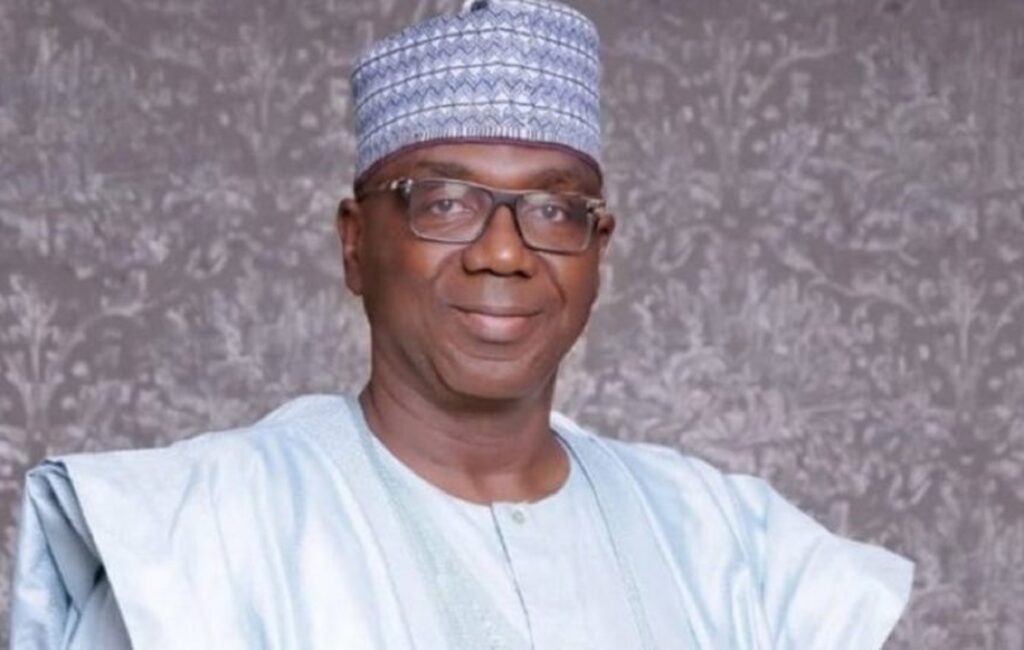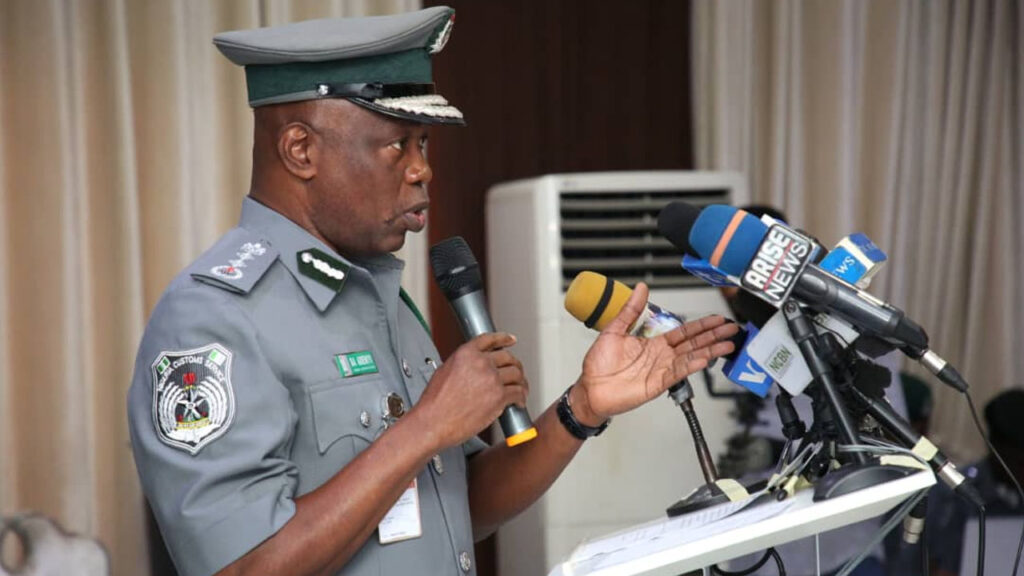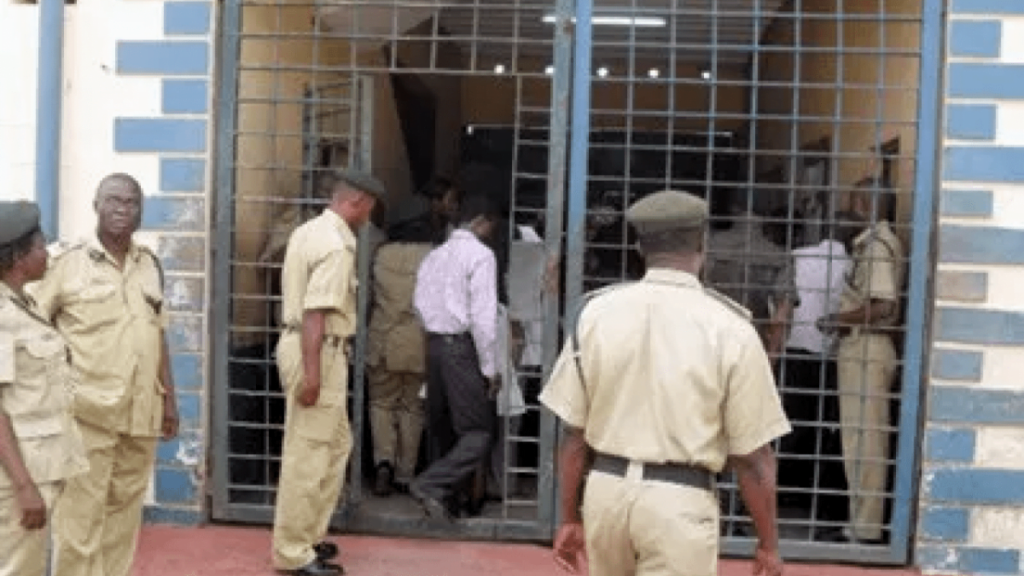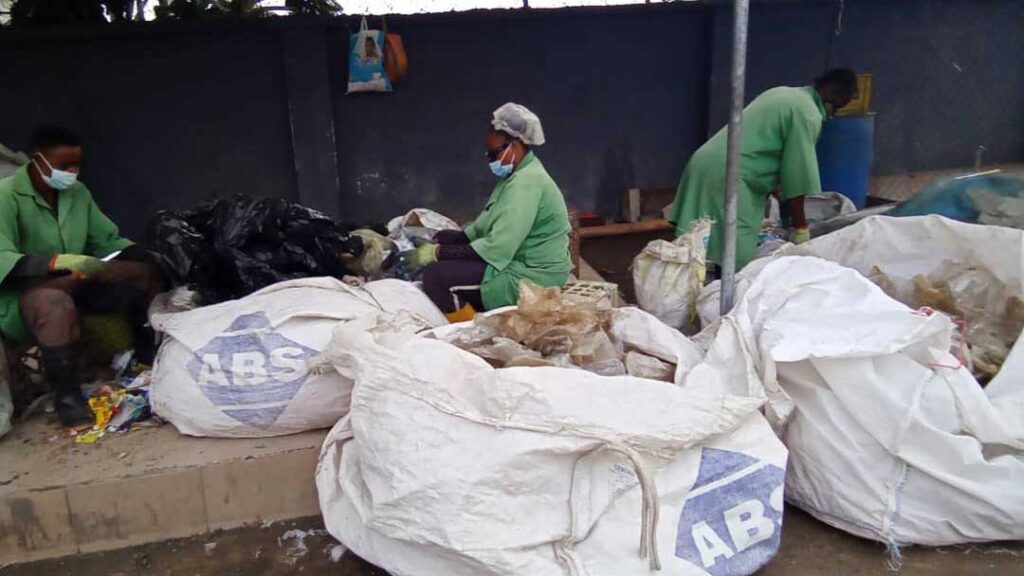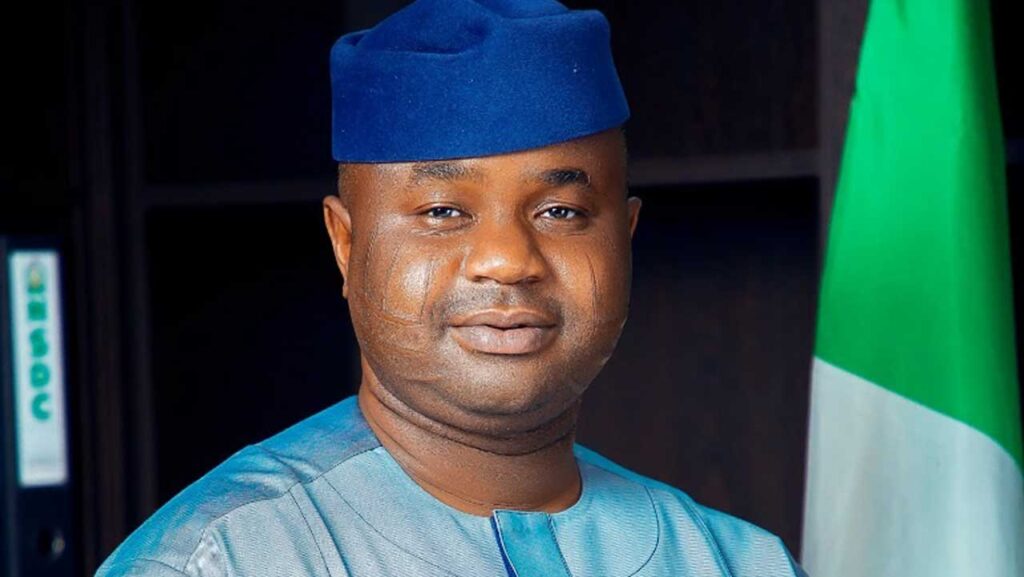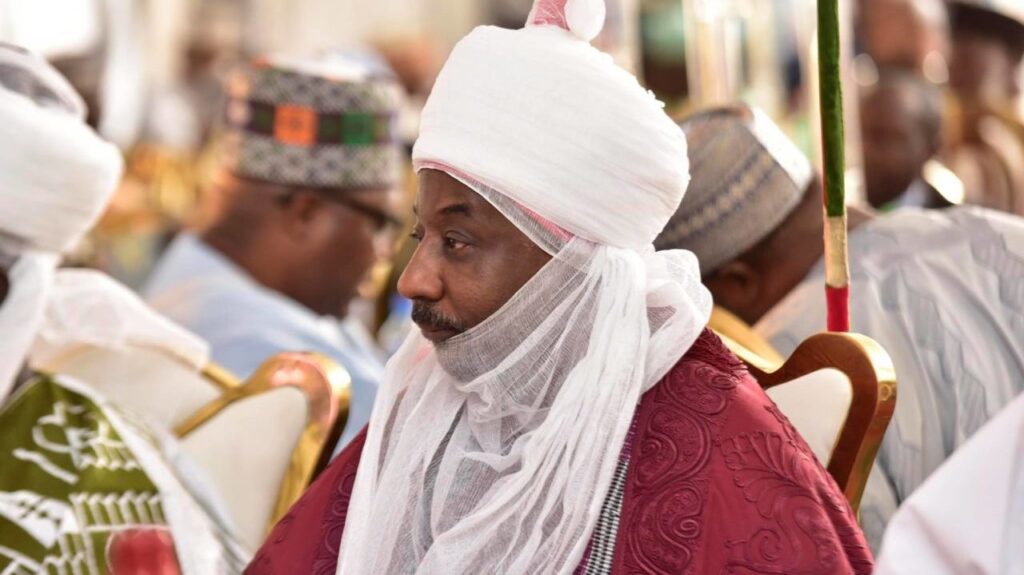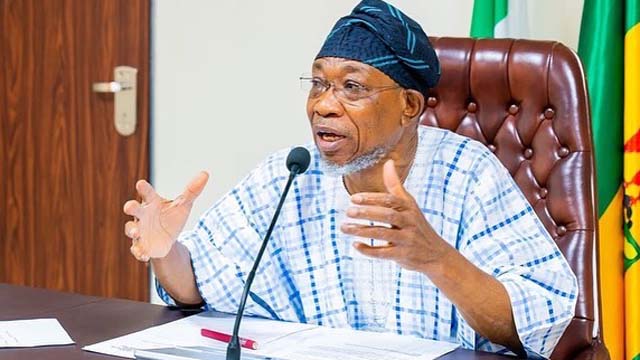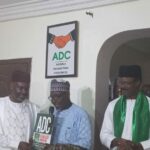
During his inauguration on May 29, 2023, President Bola Ahmed Tinubu declared that fuel subsidy is gone. Fuel subsidy removal was part of the economic reforms the President promised to implement during his campaigns to place Nigeria on a path of prosperity. He asserted that the petrol subsidy regime increasingly favoured the rich more than the poor. “Subsidy can no longer justify its ever-increasing costs in the wake of drying resources,” President Tinubu said in his inaugural speech.
The President has also gone to implement another major economic policy in relation to foreign exchange. He sought to unify both the official and parallel market rates by floating the naira (Nigeria’s legal tender).
These two major policies have had biting effects on Nigerians of various categories. Fuel prices have gone up, affecting the cost of transportation and production. Consequently, the prices of commodities have also soared in the market.
President Tinubu has, at various times, acknowledged the challenges caused by these two policies. He has therefore continued to empathise with the people and seek their understanding to pull through, saying the hardship they face will be temporary.
The federal government has lined up different strategies and measures to lessen the impact of the policies on people. At a National Economic Council (NEC) meeting convened by Vice President Kashim Shettima and attended by the governors and select ministers and other government officials, the subnational government were also urged to introduce measures to complement the federal government’s in facilitating relief for the people.
Kwara State Governor AbdulRahman AbdulRazaq notably led the charge when on July 24, 2023, he announced multi-billion naira palliatives cutting across different sectors and segments of the state.
On top of the palliatives AbdulRazaq announced was a cash support of N10,000 for public sector workers which commenced same month (July) and has been in place till the moment. The Governor said the cash support is to enable workers cope with the economic shocks created by subsidy removal and will last until a new minimum wage is introduced. In the 2024 budget he has assented to, there is a consideration for the new minimum wage. What this shows is that Kwara is fully prepared and will be a forerunner in implementing the new minimum wage.
Another important measure the Governor announced to bring succour to the people was his approval of the payment of new hazard and skipping allowances, and 100% CONMESS and CONHESS for medical doctors and health workers under the state government’s payroll. A major implication of this incentive is that it will check the attrition rate in the state’s health sector.
Kwara State similarly charted a template which is now being adopted by other states, including Lagos of recent. The Governor directed the leadership of the civil service to implement a staggered work schedule — not exceeding three days a week — to reduce transport expenses on workers. The policy is still being implemented as designed by the civil service bureaucrats.
It’s also recalled that AbdulRazaq inaugurated a task force headed by Deputy Governor Kayode Alabi to check the hoarding of fuel among petrol stations. Various stations had hoarded fuel waiting to sell at a higher price when President Tinubu declared fuel subsidy gone. With the efforts and activities of the task force however, the fuel stations were forced to sell to people, thereby ending the painful long queues in the state capital and other parts of the state.
Governor AbdulRazaq promptly opened a floodgate of support to vulnerable households, including communities and MSMEs through the Kwara State Social Investment Programmes (KWASSIP) as a form of relief to pull through this phase, while also supporting the growth of the informal economy with grants during these difficult times. At least 124, 107 households have been reached. This included N20,000 for 20,000 petty traders; N25,000 for 8,000 unemployed youths; N30,000 for vulnerable households; N50,000 for skilled and unskilled workers; N10,000 for 60,000 beneficiaries; and N1,000,000 each for 150 farmers to boost food security in the state. Remarkably, it was in the heat of the fuel subsidy removal that the fourth edition of Kwapreneur held, where no less than 368 SMEs benefitted from non-interest loans between N200,000 and N2,000,000 from the state government.
For the student constituency, the Governor directed the payment of N10,000 each to all of them in public-owned tertiary institutions across the country. It was a one-off payment that was delivered transparently. In addition to that was a free bus ride for students of tertiary institutions in the state.
Meanwhile, the Governor also named a non-partisan committee led by a former commissioner of police Ebun Oluwarotimi, supported by the Emir of Shonga Dr. Haliru Yahya, religious leaders, representatives of the civil society, among others, to oversee the distribution of the N2bn rice palliative of the Federal Government. The distribution was impactful as it reached deserving members of the society.
The Governor has built on that to again distribute another round of rice palliative — this time funded by the state government — extending the total number to over 500, 000 households across the state. Testimonies abound on how beneficial the gesture has been in cushioning the hardship of the people and maintaining social stability.
To beat down the surging price of food, Kwara State Government distributed 40,000 bags of maize at 44.5% of market value to different stakeholders in the poultry and fishery (feed mill) sectors. Four months after, a recent report by Daily Trust listed Kwara as one of states where the price of grains dropped, underscoring its impact.
Earlier in February, the government committed N1,031,149,451.36 to offset the salary arrears owed local government workers, basic school teachers, and pensioners by the last administration. Between January 2020 and January 2024, the administration spent at least N5.5bn to clear the backlogs in phases.
According to a statement by Ministry of Finance on Thursday, Kwara State Government has allocated another N3bn to finally clear ALL the balances of salary arrears for SUBEB teachers and local government workers inherited from the administration of former Governor Abdulfatah Ahmed.
These arrears for the different categories of workers dated back to 2016, 2017, 2018, and 2019.
As part of the government’s efforts to boost the purchasing powers of workers at this time, AbdulRazaq also approved cash-backing for the implementation of 2022 promotion for teaching and non-teaching staff of the SUBEB. He had earlier done so for all the previous years he inherited across cadres and professions.
As a further measure of its commitment to doing more to support the people, Kwara State Government, again, has now approved Mass Transit buses for tertiary institutions to aid the transportation of students and staff with a 50% fare reduction for an initial period of four-week beginning from Monday, March 19, 2024.
Away from the multi-layered measures listed above, AbdulRazaq is seen to be deeply empathetic and engaging by the citizens. He recently engaged leaders of various cadres of society including artisans, traders, transporters, students and youths leadership, and labour unions as a way of fostering collaborations, where he highlighted what the government is doing to ensure stability now, as well as long term plans for a #GreaterKwara.
Governor AbdulRazaq will continue to do more as the state resources permit to bring ease to our people during these tough times. Tough times don’t last; tough people do. The good thing is that Kwarans can keep faith in the government as it’s led by a listening governor.
•Abdullateef is Senior Special Assistant to Kwara Governor on Communications

